
Right, lots to cover here... well, R. Stevie Moore is by far my favourite multi-talented, progressive popster/composer of all time. The very, very true definition of Mr. all-round, prodigious prodigy man. Now reach into your mind, pick a genre of music. Got one? He's done it, and better than you or I could ever hope to.
Imagine if the Beatles had arrived a decade later, through a freak radioactive laboratory explosion all inhabited the same body, and as a result of their horrific appearance never made it big. They'd still find a release for that geyser of creative talent by any means possible, right? What's the alternative? D.I.Y. RECORDING - play all the parts yourself, produce yourself, record yourself, mix yourself... In your living room. Not a pastime that was as universally accessible as it is nowadays by a long shot, but come the 70's you certainly had the means. This aggregate mutant-Beatle would probably need to decide on a name too...
Robert Steven Moore started out in Nashville, TN, home recording on a reel-to-reel tape machine that his session musician father used to lay down demos. Bob Moore Sr. was not just any session man but a Nashville fixture who played on many a country standard, as well as being Elvis Presley's touring bassist for many years. And thus Bob Jr. was born and raised around legendary musicians rehearsing in his childhood home; he appropriated the primitive equipment they left behind after heading off to the studio, made it his own and will undoubtedly die a myth of the medium.
RSM is generally regarded as the grandfather of 'lo-fi' or low-fidelity music - a title originally given to a wave of indie bands in the 90's, who used tape noise and the side effects of simple four-track recording techniques to enhance a certain quality in their music. But this hack-conceived pigeonhole did not exist in the decades before Pavement, Beat Happening and Guided By Voices, and innovators like RSM got a comparatively microscopic amount of credit for their work...
...Which is tragic, because whilst the aforementioned popular groups' early work was characterised by the fashionable fuzz that draped a veil of mystery over some good songs; RSM accomplished so much more, turning his home studio into a factory for boundless creativity, where anything and everything (except high fidelity) was possible. The 'lo-fi' element seems more owed to budgetary constraint, and is frequently manipulated or pushed to absolute breaking point with techniques like track bouncing. He cultivated a love and mastery of cheap equipment, but it never defined his work.
But the recording quality had improved by the 80's, and with the advent of the digital recording era RSM eventually caved in and moved on from tape to cleaner pastures, but the rampant unpredictability of the music has not suffered in the slightest.
What makes this man's obscurity all the more depressing is that from 1974 onwards, he was creating accessible-to-your-grandma pop classics, whilst staying true to all the tenets of art rock, doing just about everything in between and maintaining his passion for instrumental music and the avant-garde. RSM even anticipated New Wave by a good 4 years, fer chrissakes.
And what do we have to show for it - just over 7000 listeners on Last.fm, which doesn't even match the listener count of 21st century pupils like Ariel Pink.
^A weirder offering from just after the make-or-break of the major label courtship era,
with backing band. Props to A. 'the Face' Rudd for turning me on to Moore a year ago
Despite the tireless local support of New Jersey public access, radio stations such as WFMU, many a frenzied podcast and a demi-God reverence amongst his thin but far-reaching and dedicated fanbase (I've personally talked to fans from several continents, apparently he's a fixture in Bogota), Mr. Moore is quite human, and some of his best material has arisen from sour grapes. Exasperated by a lack of progress, he even called the music thing quits for a few years in the late 80's but returned in 1991. The intervening period was spent exploring a booming medium: home video. The fruits of this era and beyond are archived on Youtube in their hundreds, and are forever growing in number.
Blimey, did I forget to mention he's self-released all his material via a home-delivery service since the late 60's? Why yes I did. Once known as the R. Stevie Moore Tape Club, now the CD-R Club, he's put out over 400 tapes and is still going full tilt. I personally own about 20 of them, many from the 'golden period' of the mid-70's to mid-80's, but truth be told he never disappoints no matter the decade. Understand that these 'tapes' (hereon in I'll use this term to refer to the CD-Rs) do not constitute his official discography of independent label albums, which are all instant classics and essentially distilled compilations of his material.
But as a matter of principle for a struggling artist, what tapes I choose to include on here will NOT have any of the CD-R bonus tracks or scanned artwork. These often include not just songs but 15 minute+ sketches, radio spots, even complete concept albums... a lot basically. The main aim here, as always, is to share my enthusiasm and spread the noise about the best music. The more fans this guy can get, the better, and hopefully in tandem with the inevitable documentary, RSM will one day get the mainstream recognition he deserves.
^Yeah yeah, I am one of the 'lunatics with no life', and proud =D
R. Stevie Moore's range is vast, but if you appreciate musicks, and in particular any of the following: the first 5 years of Zappa, the Beatles and their legacy, 10cc, XTC, Talking Heads, Ween, prog rock, Eno soundscapes, the avant-garde, or any number of post-punk and lo-fi artists... you would do well to check this guy out.
Where to start, you ask? UK label Cherry Red recently put out the perfect introduction, and a follow-up compilation is imminent.
Get some Mo' Stuffs (this is 1974's 'Stevie Moore Often', one of the very first cassettes that adopted the more popular song-based format he is 'known' for, and jolly nice it is too. Includes early versions of staples like 'Why Should I Love You'.)
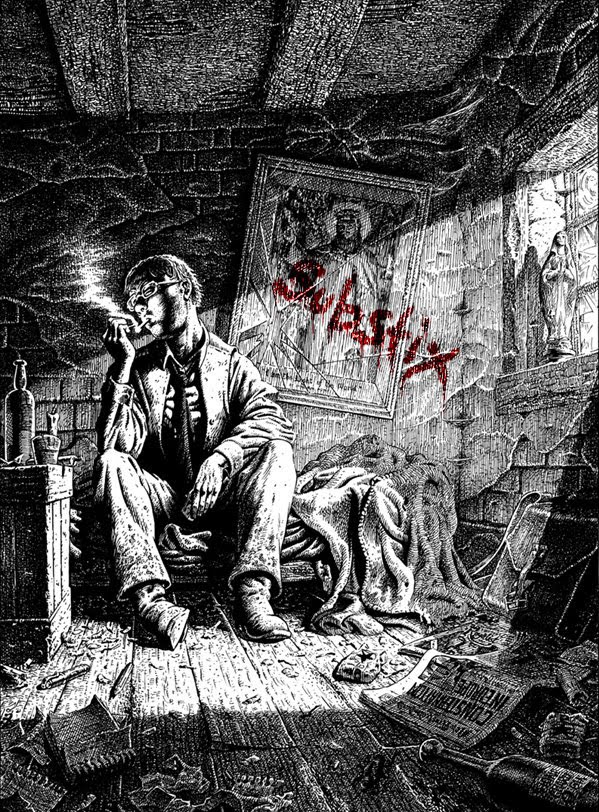

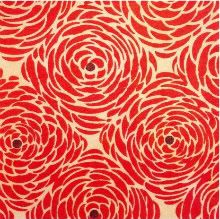

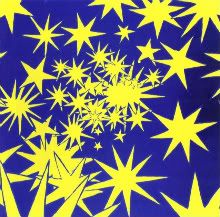
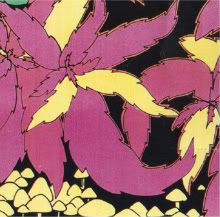
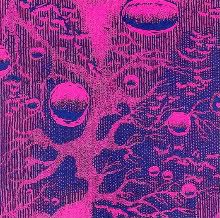

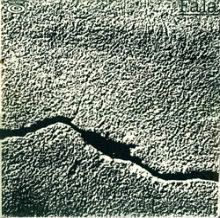

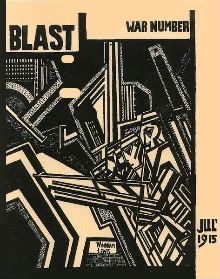
No comments:
Post a Comment